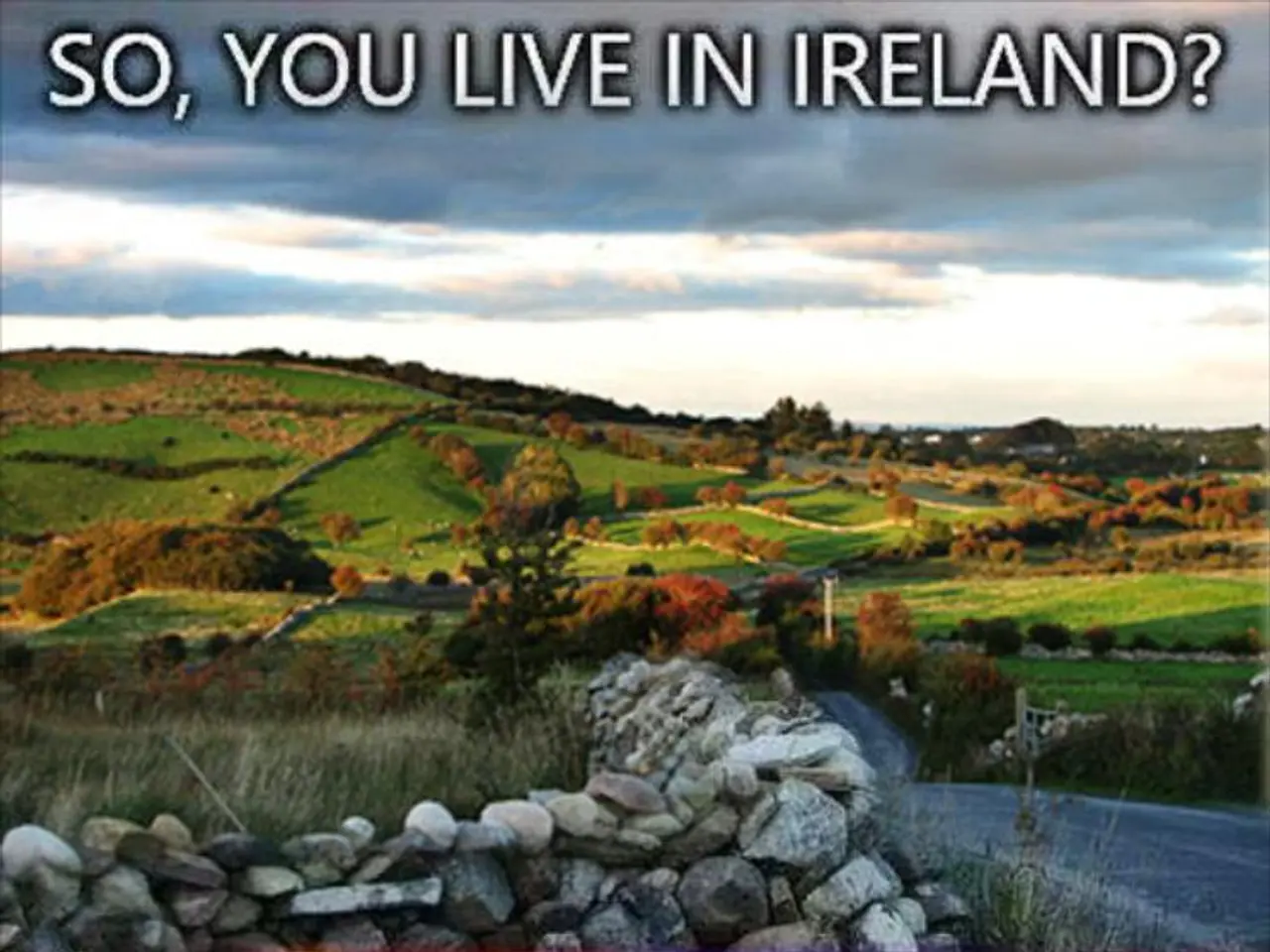Large-scale wildfire in France brought under management
Southern France Braces for Intense Heatwave and Wildfires
A severe heatwave is sweeping across southern France, prompting authorities to issue warnings and implement safety measures to mitigate the risks of wildfires and protect public health.
Météo France has warned of a new heatwave starting on Friday, particularly in the southern regions. As a result, eleven departments have issued a second-highest alert level, orange, including Aude and Charente, where temperatures have reached as high as 43°C (109.4°F).
The heatwave has contributed to a wildfire in the southern French region of Occitanie between Narbonne and Carcassonne. The fire has ravaged an area of 16,000 hectares, destroying 36 residential buildings and damaging 20 more. One fatality and 18 injuries have been reported, and 54 cars have been burned during the wildfire. Sixty-six firefighting teams, six water-bombing aircraft, and three helicopters are currently working to combat the fire.
To prevent further wildfires, access to all forest areas in the hilly region has been banned until Sunday. In addition, French national railway SNCF has cancelled many Intercity trains in southern France due to the heatwave. Services between Bordeaux and Marseille, as well as between Paris and Toulouse, and Clermont-Ferrand will be suspended during the hottest midday hours to avoid breakdowns with the trains.
Authorities have taken several precautions to protect the public. Outdoor gatherings and public spaces have been cancelled in red-alert departments, and modifications have been made to school and summer camp schedules to reduce heat exposure. Residents are encouraged to stay indoors during peak heat, cover windows with reflective foil, and avoid outdoor activities.
The increased risk of wildfires in France is due to persistent drought and high temperatures, which have caused the fire to spread rapidly. The heatwave is forecast to continue through mid-August, increasing the urgency of these measures.
In conclusion, the departments most affected by the heatwave and wildfires include Aude, Charente, and others in southern France under red alert. Local officials are implementing various prevention and safety protocols to mitigate wildfire risks and protect public health.
Scientists are closely monitoring the impact of climate-change on the unprecedented heatwave and wildfires in southern France, as the environmental-science community warns that such events may become more frequent due to global warming.
The seemingly endless weather pattern of extreme temperatures and dry conditions in France may be a cautionary sign, highlighting the need for increased investment in climate-change research and mitigation strategies to tackle the growing environmental challenges ahead.








